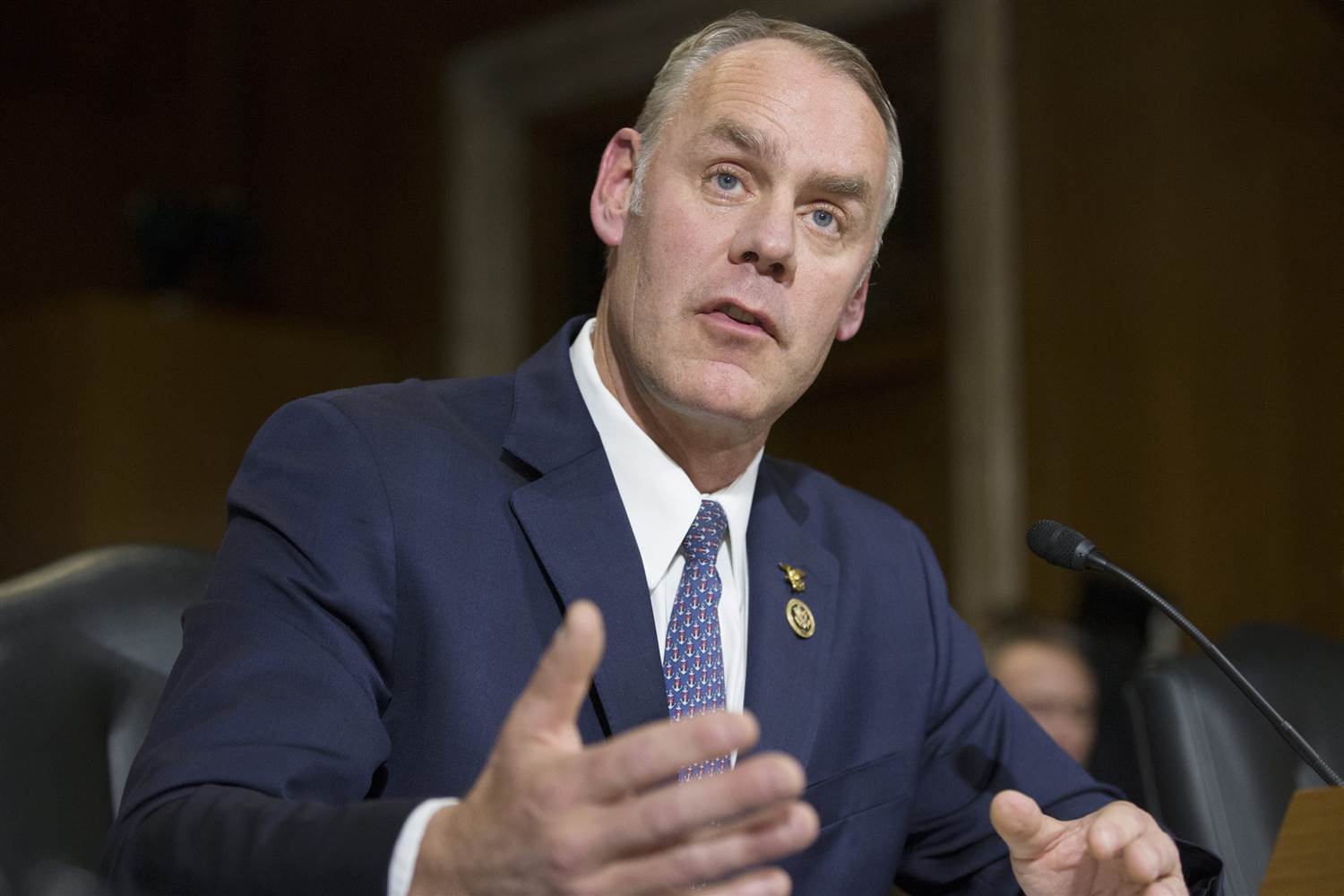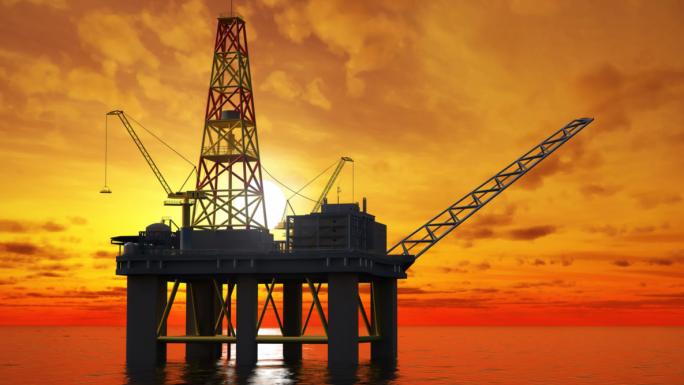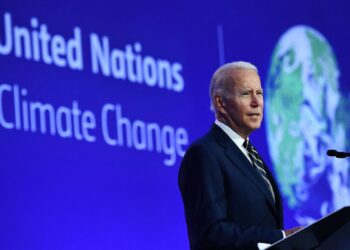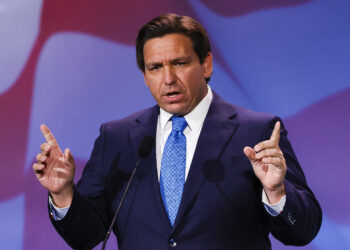After Russia and Canada, the U.S. has the largest, government-controlled offshore area of any nation. This area is immense, the size of a continent. At more than 11.6 million square km, it is larger than the total land area of the country, and this past week Interior Secretary Ryan Zinke opened as much of it as he possibly could to oil and gas leasing.
The reason he could only declare 90 percent of it available is that the other tenth, in the Gulf of Mexico, has been open and drilled for many years. The new areas can be developed “responsibly…in a safe and well-regulated way,” with billions of dollars collected from leasing then available “to fund the conservation of our coastlines, public lands, and parks” according to Mr. Zinke.
Offshore Drilling Gets Heavily Regulated
U.S. offshore areas have been a political battleground for many decades when it comes to oil/gas. This should surprise no one. In the 1970s and early 80s, these areas were opened by the federal government due to the oil crises and growing U.S. imports. More than 150 wells were drilled, with discoveries in the Eastern Gulf of Mexico and potential found in the offshore Atlantic, southern California, and Alaska. But Congress argued that states should have more say (and a stake in any royalties to be collected) regarding what happened off their shores, and in the mid-late 1980s, took back a good deal of control from the Interior Department.

With oil prices at low levels, companies not much interested in drilling, and states worried about coastal impacts, bans were passed on all further activity. This largely held for the new few decades.
President Barack Obama, early in his first term, was set to open the Eastern Gulf and Atlantic offshore areas. The reasons were due to rising oil prices in the wake of the global financial crisis and concern that billions of American dollars were flowing to autocratic regimes, some supporting radical versions of Islam. Yet Obama was quickly forced into reverse, calling a moratorium on offshore drilling, after the Deepwater Horizon spill revealed a lack of needed regulatory oversight and environmental protection.
Now, with a major swing of the political pendulum comes a new episode with a twist. The Trump Administration has shown that it views regulatory oversight as something akin to rubbish clogging the avenues of progress.
Mr. Zinke, whatever else might be said about him, seems to understand that in upending decades of policy, it is important to claim a win-win-win. The energy industry wins through jobs and access to new oil/gas. The Republican-led government wins by advancing business and gaining dollars from leasing and royalties. Democrats, environmentalists, and states win by seeing some of these same funds go to parks, conservation, and local coffers. What’s not to like? Moreover, Secretary Zinke promised “a lengthy and robust public comment period,” thus real accountability.
Reception to Mr. Zinke’s Proposals
Such happy talk were never going to fool anyone, of course. What it did do, ironically enough, was help create the strongest bipartisanship we’ve yet seen in the Trump era, though in the form of outright resistance.
Republicans and Democrats in Florida, California, and South Carolina immediately spoke in a single angry voice to denounce the plan. The long, dark shadow of the Deepwater Horizon spill kindled fears of oil-soaked beaches, floundering birds, and dead years for tourism. Flying to Tallahassee for a talk with Florida Governor Rick Scott, a Trump supporter, Mr. Zinke found his feet held to the fire.

Within a day, the Eastern Gulf of Mexico adjacent to Florida was off the leasing menu. This brought forward governors of nearly every other affected state with their own irate statements. Zinke and his boss might well have thought they were rewarding red states and punishing blue states, but both were having none of it.
In truth, Florida as a whole has been vehemently against drilling in the Eastern Gulf for some time. A single phone call or email would have been enough to learn this (and more). Relying on real experts, however, has not exactly been the strong suit of this administration. The fate of the new policy is yet to be determined.
Meanwhile, there are more ironies to contemplate. The Eastern Gulf, which Zinke so readily took off his list, has among the highest oil/gas potential in the entire federal offshore, except for the Beaufort Sea and Southern California. A number of important discoveries were drilled in this area during the 1970s and 80s, with a large gas field found about 35 km from the Florida coast but never developed.
Stepping back a bit further, yet another paradox appears. How much oil and gas might be recoverable from the vast area opened by the Interior Secretary, including the Eastern Gulf? Using today’s technology and not worrying about price, the estimate for this figure (subtracting the already-open portion of the Gulf) comes to 45 billion barrels (Bbls) and 200 trillion cubic feet (Tcf). This sounds like a great deal, and 10 years ago it certainly was. But not today.
The world now consumes over 35 Bbls each year, a number that continues to grow as economic growth happens in emerging and developing nations. The idea that opening all offshore areas will move America into a position of “energy dominance”—a rather aggressive term that Zinke invokes—is more fantasy than possibility.
There is another reason that such offshore-created “dominance” is illusory. The U.S. does not need such oil to be a great hydrocarbon power. It is in the midst of the largest oil and gas boom in its history, measured by new reserves and increasing production.
The so-called “shale revolution,” actually a combination of shale and other tight (low flow) reservoirs, has already transformed the U.S. from the world’s largest importer to the largest producer of oil and gas combined. It’s growing influence as an exporter is unquestioned. There have even been estimates from international sources showing U.S. reserves as higher than those in Russia and Saudi Arabia. Not everyone will agree with this, but they don’t have to. Even as a sign, this shows that the U.S. has become one of the world’s top hydrocarbon players, economically and geopolitically. Opening all of the U.S. federal offshore won’t change this one way or the other. The Zinke plan thus counts more as an easily-broken promise to the oil industry than as a win for anyone.
Disclaimer: The views and opinions expressed here are those of the author and do not necessarily reflect the editorial position of The Globe Post.






















